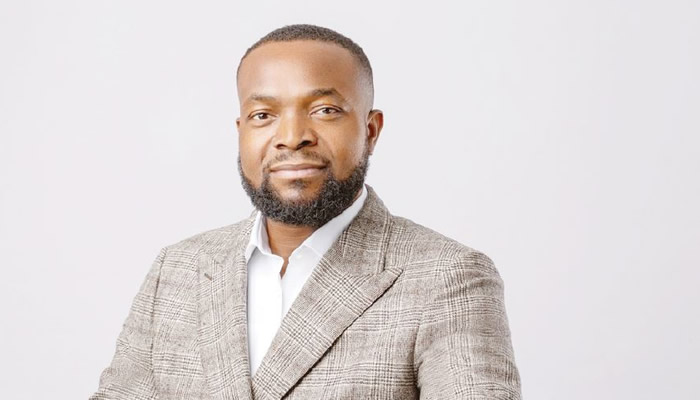Paragraph 1: Bridging Nigeria’s Digital Divide: A Public-Private Partnership for Enhanced Connectivity
Nigeria’s digital landscape is poised for a significant transformation through a groundbreaking partnership between the Federal Government and WIOCC Group, a prominent digital infrastructure provider. This collaboration aims to bridge the digital divide by providing internet connectivity to three million Nigerian homes, a critical step towards integrating a larger segment of the population into the digital economy. The Memorandum of Understanding (MoU) signed by Dr. Bosun Tijani, Minister of Communications, Innovation, and Digital Economy, and Darren Bedford, WIOCC’s Group Chief Business Development Officer, signifies a joint commitment to expanding internet access and fostering digital inclusion across the nation. This initiative will leverage WIOCC’s expertise in deploying fibre optic infrastructure and the government’s policy framework to create a more connected and digitally empowered Nigeria.
Paragraph 2: Investing in Infrastructure and Empowering Communities:
The core of this initiative lies in the deployment of fibre optic cables, extending reliable internet access to homes, schools, hospitals, and public offices throughout the country. This infrastructure development is not merely about connectivity; it’s about creating opportunities for education, healthcare, and economic growth. WIOCC’s commitment to invest $10 million in the project underscores the significance of this partnership. Beyond infrastructure, the investment includes training programs for Nigerians and plans for local manufacturing of accessories like batteries. This comprehensive approach aims to create a sustainable ecosystem that fosters local talent, generates jobs, and empowers communities to participate in the digital economy.
Paragraph 3: Reducing Costs and Expanding Access: A Multi-Pronged Approach to Connectivity:
A key objective of this initiative is to reduce the cost of internet data, calls, and SMS by diversifying connectivity options beyond mobile phones. Minister Tijani emphasized that providing alternative platforms for internet access will empower Nigerians to manage their spending more effectively. By having access to the internet at home, work, and on mobile devices, individuals gain greater control over their connectivity choices and expenses, aligning with practices in digitally advanced nations where multiple access points contribute to lower individual costs. The project’s emphasis on multi-source connectivity aims to create a more competitive and affordable landscape for internet services in Nigeria.
Paragraph 4: Towards a $1 Trillion Economy: The Role of Digital Infrastructure:
The partnership between the Federal Government and WIOCC aligns with the nation’s ambitious vision of achieving a $1 trillion economy driven by investments in digital infrastructure. This initiative recognizes the transformative power of connectivity in fostering economic growth, innovation, and job creation. By ensuring minimum internet speeds of 25 Mbps in urban areas and 10 Mbps in rural communities, the project aims to bring Nigeria closer to international connectivity standards. This improved infrastructure will create a more conducive environment for businesses, entrepreneurs, and individuals to leverage the power of the internet for economic advancement.
Paragraph 5: Overcoming Challenges and Expanding Reach: Addressing Right-of-Way and Security Concerns:
While the partnership holds immense promise, WIOCC acknowledges the challenges encountered in previous deployments, including right-of-way restrictions and security concerns in certain states. Having already connected over 40,000 homes and institutions, the company understands the complexities of expanding infrastructure in diverse environments. Addressing these challenges is crucial for the successful implementation of the project and achieving the target of connecting three million homes. Collaboration with local communities and authorities will be essential in navigating these obstacles and ensuring the project’s smooth execution.
Paragraph 6: A Holistic Approach to Digital Transformation: Policy Review and Hyperscale Platform Development:
Beyond infrastructure deployment, the partnership encompasses a broader vision for Nigeria’s digital transformation. This includes a review and improvement of the National Policy on Telecommunications to align with the country’s evolving digital goals. WIOCC Group’s plans to establish a hyperscale open-access digital platform further demonstrates a commitment to creating a robust digital ecosystem. This platform will serve internet service providers, expand fibre infrastructure, and enhance broadband quality and accessibility in collaboration with the Nigerian Broadband Alliance. These multifaceted efforts are designed to connect more homes and businesses, create job opportunities, and nurture the development of local talent, ultimately contributing to a more digitally inclusive and prosperous Nigeria.


